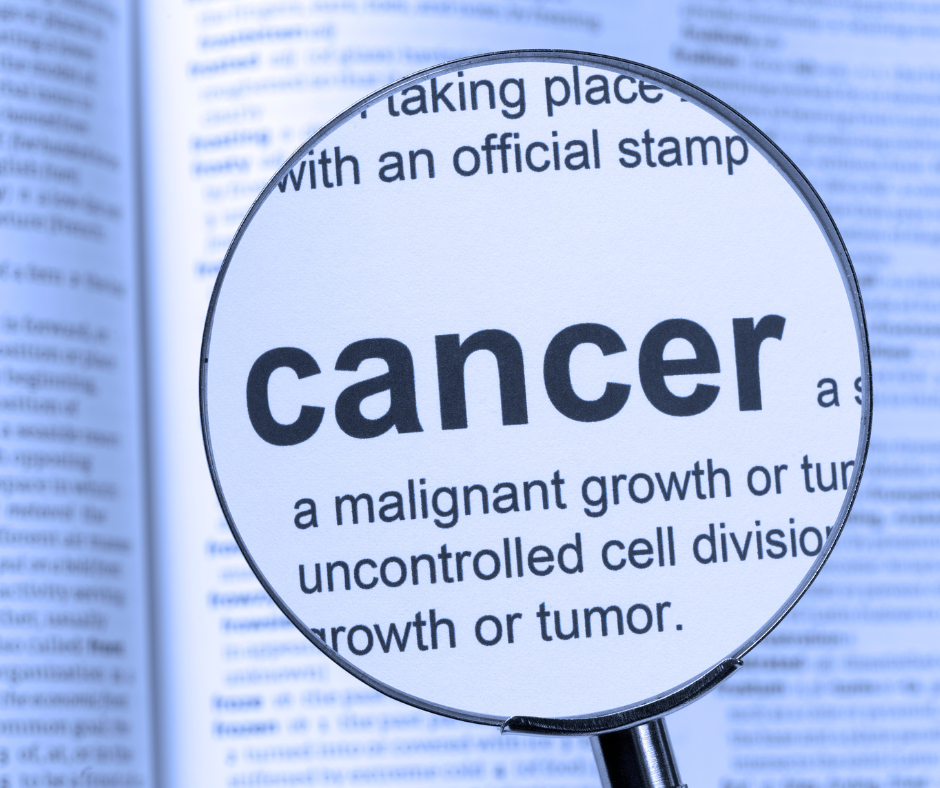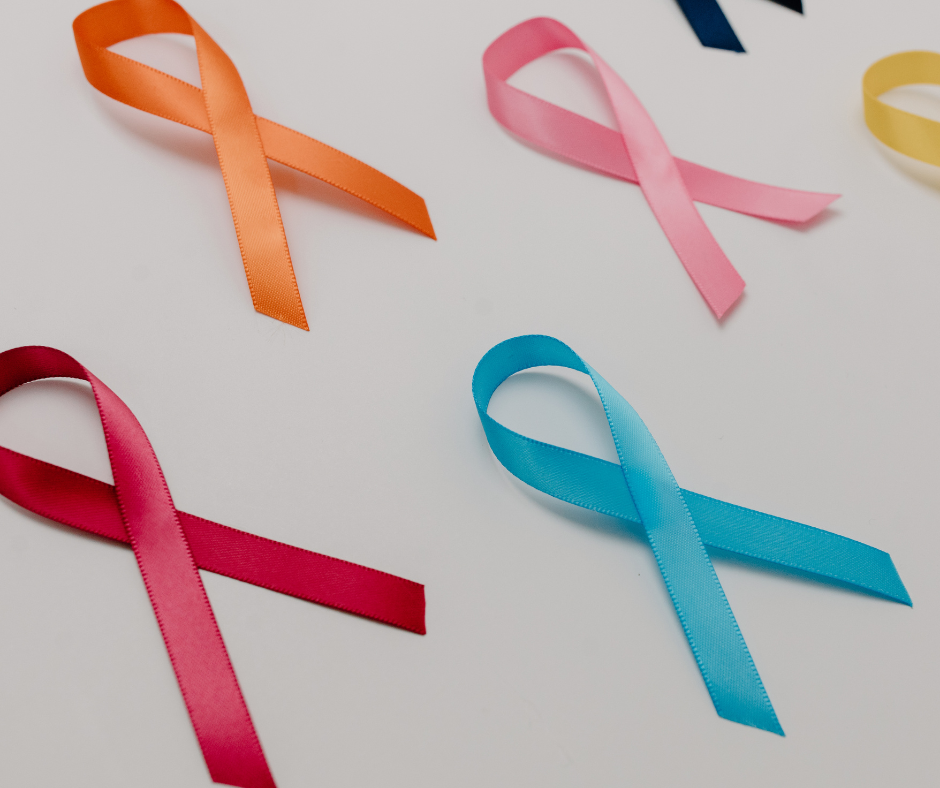Why Young Men in the US Should Pay Attention to and Advocate for the Equal Rights Amendment
July 23, 2024
By Gloria Jiang
Every day across the globe, millions of individuals and families face the daunting challenge that comes with a cancer diagnosis. It is a journey fraught with fear, uncertainty, and countless obstacles, yet it also brings resilience, strength, and hope. National Cancer Survivors Day is an annual, treasured celebration that is observed on the first Sunday in June. Today, we unite to honor those courageous souls who have battled this disease and emerged stronger than before. The day is not only a celebration of life, but also “an inspiration for those recently diagnosed, a gathering of support for families, and an outreach to the community.”

According to the official page of National Cancer Survivors Day, cancer survivors are defined as those who have lived with cancer from the moment of diagnosis through the remainder of their lives. Although considerable progress in cancer treatments has been achieved over recent years, which has saved numerous lives and instilled hope in countless families, the journey to cancer survivorship is lengthy and strenuous. The National Cancer Survivors Day not only serves as a platform to highlight the presence of a vibrant and thriving community of cancer survivors around the world, but also aims to shine a spotlight on these enduring struggles that come with cancer survivorship and call for increased research, greater resources, and enhanced public consciousness to ameliorate the lives of cancer survivors.
According to the National Cancer Institute, it is projected that nearly two million people will be diagnosed with cancer in the United States. An estimated 297,790 women and 2,800 men are anticipated to be diagnosed with breast cancer, making it the most prevalent cancer type. Prostate cancer tops the list as the leading cancer diagnosis in men and ranks the second most common overall, with an estimated 288,300 cases predicted. Additionally, lung and bronchus cancer, with an estimated 238,340 new cases, is forecasted to be the third most prevalent cancer. It is noteworthy that lung and bronchus cancer is expected to be the deadliest, with about 127,070 people projected to die from this disease in 2023, which is almost triple the mortality rate of colorectal cancer, the second leading cause of cancer death.
The journey of a cancer patient from diagnosis through treatment and onto survivorship is one marked by significant trials and tribulations. The moment of being diagnosed with cancer can hit like a thunderbolt, inducing feelings of fear, anxiety, and a whirlwind of emotions. Although treatments can be lifesaving, they often carry severe side effects such as fatigue, pain, nausea, and changes in physical appearance. A frequently observed effect of cancer treatment is the loss of hair and darkening of the skin. This physical transformation can be extremely difficult to accept, particularly for younger patients, and can profoundly impact a patient’s quality of life and self-esteem.
Moreover, the emotional toll for cancer patients is substantial and multifaceted. Patients often grapple with the uncertainty that cancer brings to their lives, leaving them with questions about the efficacy of treatments, their prognosis, and what their future holds. The journey may push them through challenging times that they would otherwise never encounter. Notably, their relationships with loved ones may change because of the diagnosis. While some relationships may become more robust, bringing greater support and love, others could be strained, leading to feelings of despair and further emotional turmoil.
Furthermore, the financial implications of cancer can be overwhelming. The accumulated costs of cancer care, encompassing treatments, medications, hospitalization, and ongoing follow-up care, can mount rapidly, imposing significant financial stress. Therefore, the confluence of financial pressure and health concerns can intensify the emotional strain experienced by cancer patients, rendering their journey even more daunting.
Even after treatment, cancer survivors can confront plenty of difficulties. For instance, the fear of recurrence can be a huge emotional burden, constantly weighing on the minds of cancer survivors. They may also face limited opportunities in resuming work due to persistent fatigue. These issues can cast a long shadow over a survivor’s life, causing constant worry and impact on their emotional wellbeing.
Now is the moment for us to celebrate survivorship and welcome cancer survivors to a new chapter in their lives! It is also a day for families, friends, and caregivers who have shared in this journey, a day for health care professionals who have devoted their lives to finding cures for the disease.
Considering the arduous journey cancer survivors undertake to fight this disease, it is essential for us to contemplate ways to enhance their long-term care. Cancer survivors have taught us the dynamic power of hope and demonstrate unwavering resilience and a relentless pursuit of a healthier future. It is our responsibility to support survivors as they tackle these hurdles, ensuring they have access to the resources necessary for their wellbeing, and simultaneously, continue supporting the vital research and care that make survivorship possible.
Here’s to a future where every person diagnosed with cancer can embrace the title of “Survivor”. Remember, you are not alone. Happy National Cancer Survivors Day!
